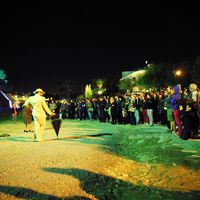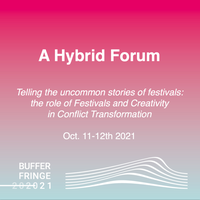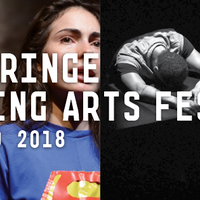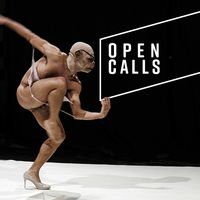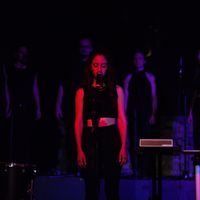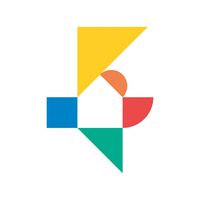Buffer Fringe Festival: bridging the divide through performing arts | Cyprus
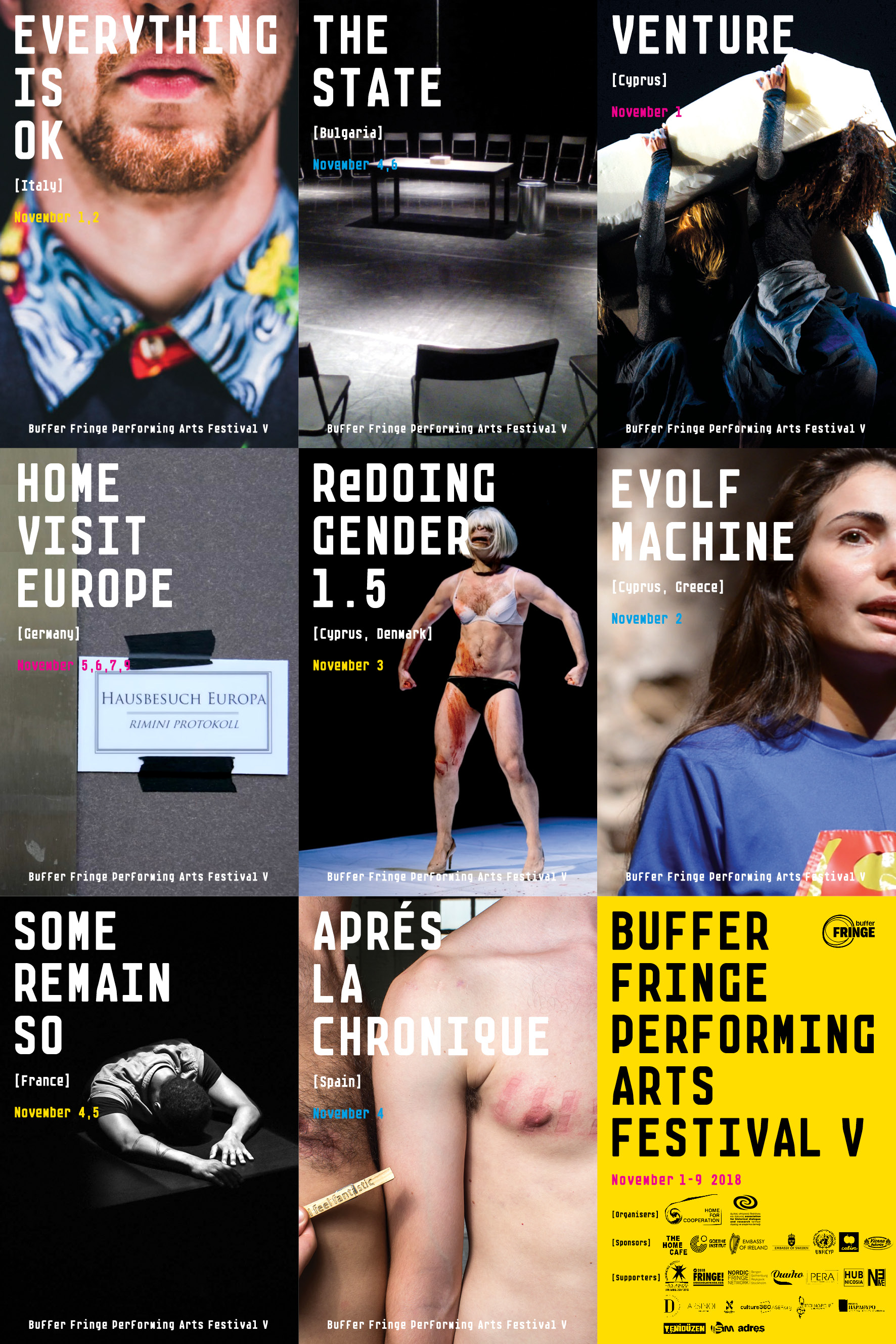
As part of the media partnership with culture360.ASEF.org, we have interviewed Hayriye Rüzgar who is in charge of Communications at Home for Cooperation, the organisation behind the Buffer Fringe Festival. The performing arts festival has just concluded its 5th edition in Nicosia, Cyprus. We asked Hayriye to tell us more about the role the festival is playing in creating a common space for experimentation in a politically divided country like Cyprus and how the festival has evolved since its beginnings in 2014.
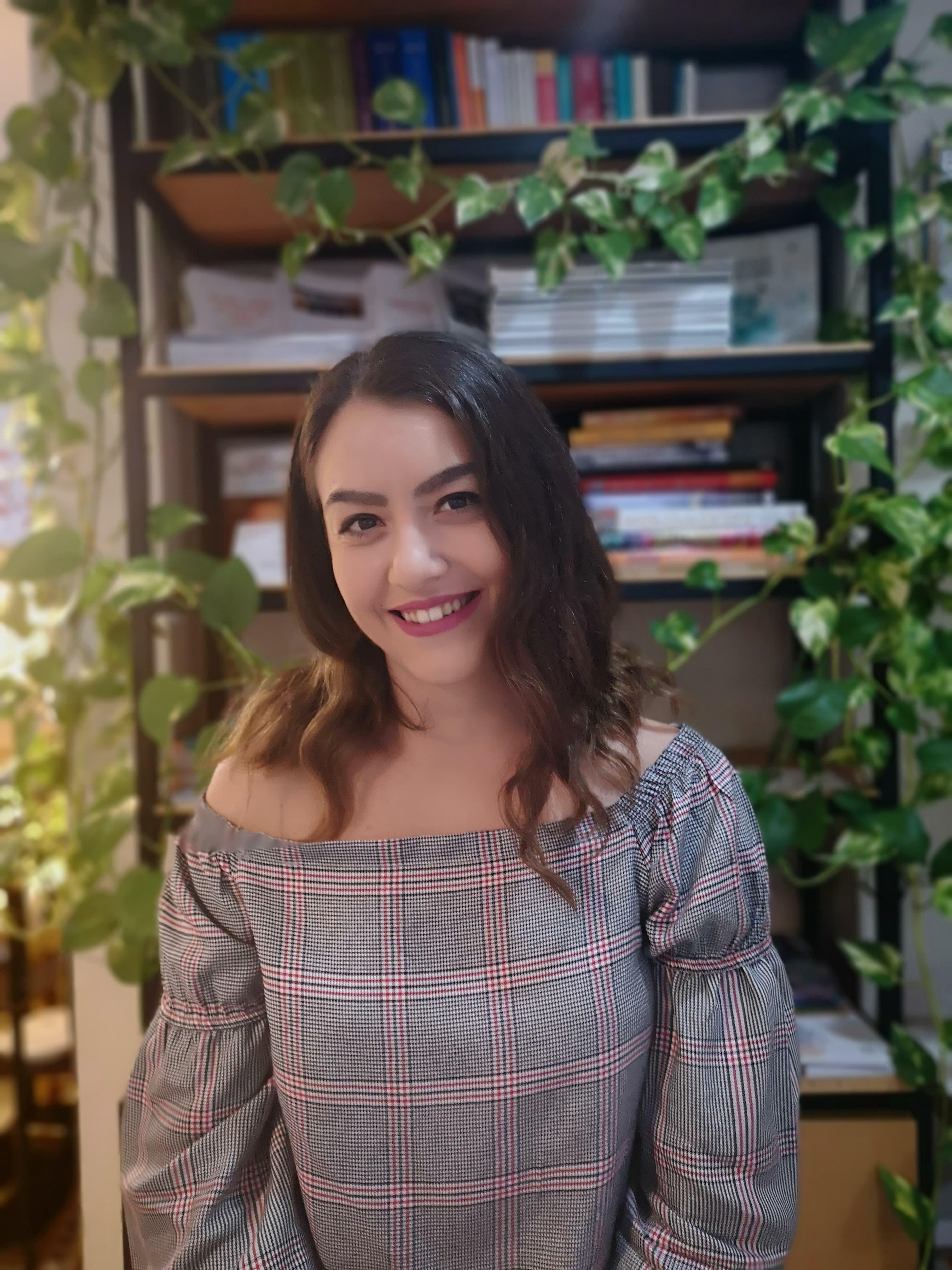
You have just concluded successfully the 5th edition of Buffer Fringe Festival: what has changed since its inception? How has the festival evolved and matured since the first edition in 2014?
Buffer Fringe Festival was initiated by the Home for Cooperation in 2014, in the buffer zone of Nicosia as a platform for local artists to showcase their work but also to bring different communities of Cyprus closer through the power of the performing arts. In 5 years, the festival managed to establish itself as a strong international festival, received prestigious awards including EFFE label of “Remarkable Festival” and EFFE Laureate, and formed partnerships with Fringe festivals around the world.
Buffer Fringe 2014 took place in the buffer zone of Nicosia, where the Home for Cooperation is located. In its second year (2015), the festival grew and took the form of a walking tour not only in the buffer zone but also around the old city. In 2016, Buffer Fringe became an international festival and expanded beyond the buffer zone with all activities taking place in different venues across the divide. This year, Buffer Fringe celebrates its 5th year with a growing local & international interest. Today, it has a community of its own locally and internationally. It has also expanded beyond not only the buffer zone but also Nicosia with several formats in different cities in Cyprus – reaching more people and increasing its influence.
Tell us more about this year’s topic “breaking point”: how did the artists respond to it?
We wanted a theme that would encourage artists to examine pressing issues of recent times with their individual, personal interpretations. Therefore, the theme had to be something that can be understood on a broader scale but also on a very private, even intimate level. We chose the following “guiding definition” for our theme:
“The point at which a situation becomes critical, the point at which an entity gives way under stress, or the point at which something loses its force or validity.”
“Breaking Point” exceeded our expectations in this sense and we have received over 300 applications worldwide, all exploring hot topics of our era ranging from gender roles, digitalization, isolation of the individual, overload of emotions, striking political protests and many more.
In this edition you started a new micro-format that pairs-up artists and ask them to work together and present their performance as a Duet. How did that go? What were the most interesting ideas that came out of this new approach?
This year marks the beginning of various micro-formats designed both for audience and artist development. Buffer Fringe Festival DUET was our first micro-format towards artist development. There was quite a lot of interest, especially from local artists who wanted to explore working with an artist from another discipline, to challenge themselves to develop something new in a week. We received 32 applications (local and international) which we could only select 10, in 5 pairs.
All presentations took place in October, prior to the main stage of Buffer Fringe at partnering locations Goethe Institute Cyprus and Teatro Polis. When all presentations were finalized, one Duet was chosen (Laure Saumweber /Germany and Petros Konnaris/Cyprus) to perform on the main stage of the festival with their piece “Touch!”. It is an interactive piece that explores the feelings, images invoked with a “touch” of a stranger. It was a very successful collaboration and received positive feedback and high participation from the audience too.
Other 4 Duet presentations were also quite strong, exploring the theme Breaking Point from various angles, ranging from the traditional Cypriot history to contemporary digital communication.
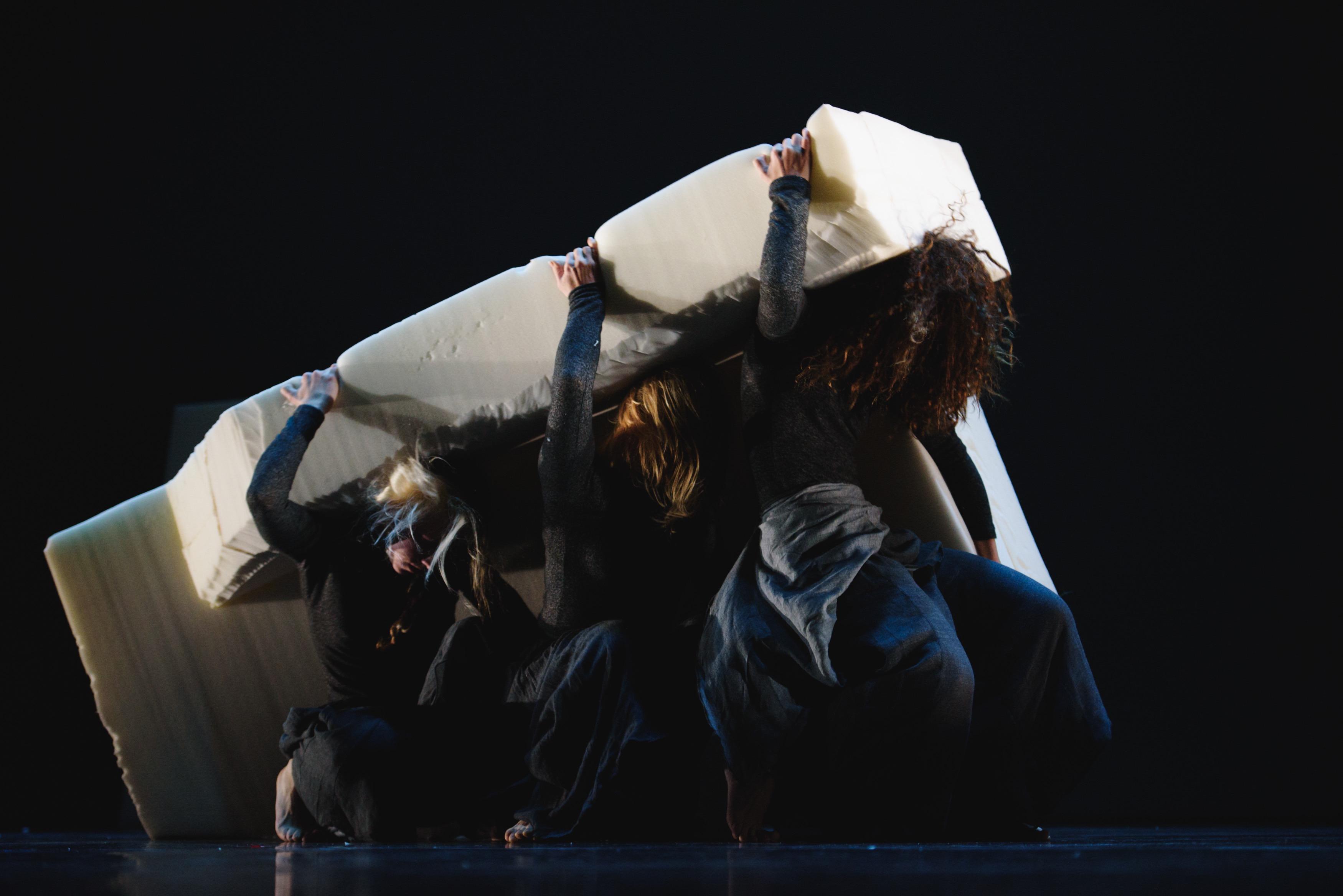
Taking place in the buffer zone of a divided country is quite a unique set-up for a performing arts festival. In which way do you think bringing in international artists has benefited the festival, the artists and the audiences?
Actually, Buffer Fringe no longer takes place in the buffer zone. Home for Cooperation, the organizer of the festival, is of course in the buffer zone so we tend to organize some of the festival activities here, also to be accessible to everyone living on the island. Nevertheless, the festival is still unique in the sense that it bears a social responsibility; more than a performing arts festival, it is a peacebuilding programme. I believe this is one of the reasons of the growing international interest.
Having international artists in our programming is extremely important for us. It doesn’t only constitute a stronger programme but also brings in different perspectives developed in different cultural and social contexts. It enables the audience to see how the same topic can be interpreted differently in other countries/cultures and it gives the local artists a chance to form relations with their counterpart, share their experiences and learn from others, and have access to other festivals around the world.
While the main objective of the festival is to create a safe and open space to approach sensitive topics, why did you choose to focus on experimental performing arts, often considered as not easily accessible to all types of audiences?
As the Home for Cooperation, we try to focus on areas that we feel have gaps that need to be filled so that we can present a reason for people to join our events and activities. Being located in the buffer zone and functioning as the only intercommunal organization of its kind sometimes makes it complicated to reach people but having a unique festival that is not available elsewhere draws people in from different circles.
Also, art in general and performing arts in particular provides a channel for people to communicate and express their ideas and thoughts without a single word.
In a divided country where there are (at least) 3 languages spoken, being able to communicate without words is extremely important, especially since we are working towards eliminating barriers.
We see Buffer Fringe also as an investment in the Cypriot art scene. Because performing arts as a field is not so developed in Cyprus, performers have very limited opportunities to showcase their work to a wider audience. The festival serves as a platform for the development of local talent in this sense.
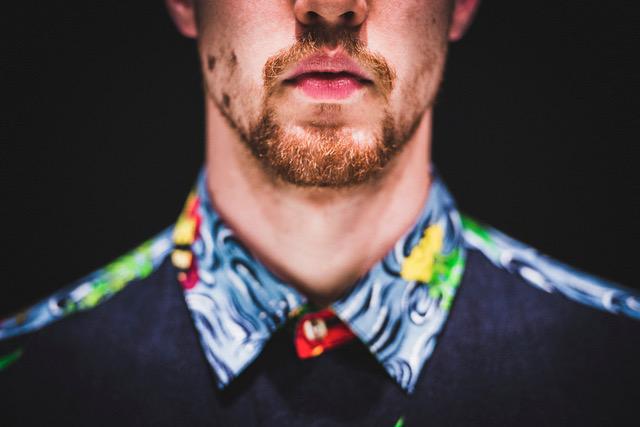
Where do you see Buffer Fringe in 5 years from now?
It is difficult to estimate how Buffer Fringe will evolve. However, looking at the previous editions, it is clear that it will get bigger, expand further in Cyprus and internationally with enhanced partnerships. I hope that the festival will also establish itself theoretically with educational activities ranging from panels and discussions to presentations and workshops.
I also believe that we will have more local participants each passing year and hope that we won’t need to say that Buffer Fringe is organized “across the divide” but rather we will say that Buffer Fringe Performing Arts Festival is the Fringe Festival of Cyprus.
Hayriye Rüzgar is part of the Home for Cooperation team since August 2016. She studied Political Science and International Relations (BA) at Boğaziçi University, Istanbul and Political Communication (MSc) at the University of Amsterdam. During her studies, she volunteered in various public administration institutions in north Cyprus and she was highly active in Cypriot student organizations abroad, leading many initiatives. She returned Cyprus in 2015, when she joined Kıbrıs Developments as Executive Assistant to the Marketing Director. She then joined Home for Cooperation as the communications officer. Hayriye has extensive communication skills and media planning and she is experienced in PR campaigns as well as responding to events and media.
Similar content
from - to
08 Oct 2021 - 10 Oct 2021
from - to
01 Nov 2018 - 04 Nov 2018
deadline
10 Jun 2019
By culture360
24 Nov 2021
posted on
23 Jun 2021

